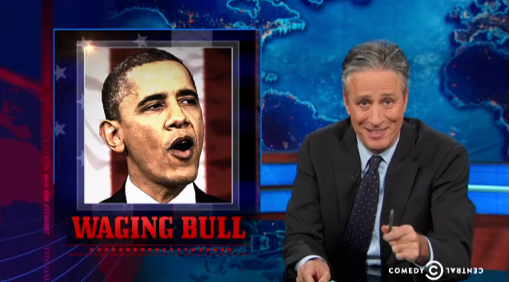By A. Clayton Slawson III*
In today’s economic market, people tend to think excessively about money whether to spend on essential or discretionary goods and services, savings or which investment options to choose, or even the current topic du hour in Washington, whether there is too much or too little money floating around! Many “arm chair” economists, lacking the knowledge of our economic history, stop at these basic thoughts however, and thus never fully understand money in terms of its identity, origin, or even how today’s currencies became of value in the first place. Just as these concerns can vary person to person, so too can the very definition of money and how currency adopts value. In order to better understand the “nature of money,” this paper will utilize the frameworks of both the Orthodox school and the Heterodox schools of thought to provide a basic understanding of money in their respective approaches, which will set up a clear argument for why one approach is more advantageous for guiding economies toward full employment. Undoubtedly, any weekend warrior economists will be better prepared for discussions on money at the conclusion of this paper.












